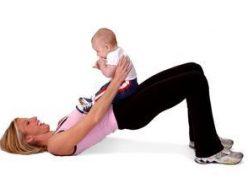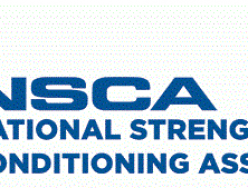How often should I recommend clients to weigh themselves? What caution should I give them when using the scale to determine their progress?
A former client of mine used to put so much faith into her scale to “hold her accountable”. One problem with that, however, is that she allowed the scale to determine her outlook and mood.
I remember her telling me, after a couple of months of training together (and following my direction to not weigh herself during this time), that she was feeling so good about her progress… her clothes were looser, she had more energy, she was feeling stronger… UNTIL she stepped on the scale and saw that the number hadn’t really budged much from the last time she stepped on it. Her good mood went out the window and she immediately became discouraged.

























